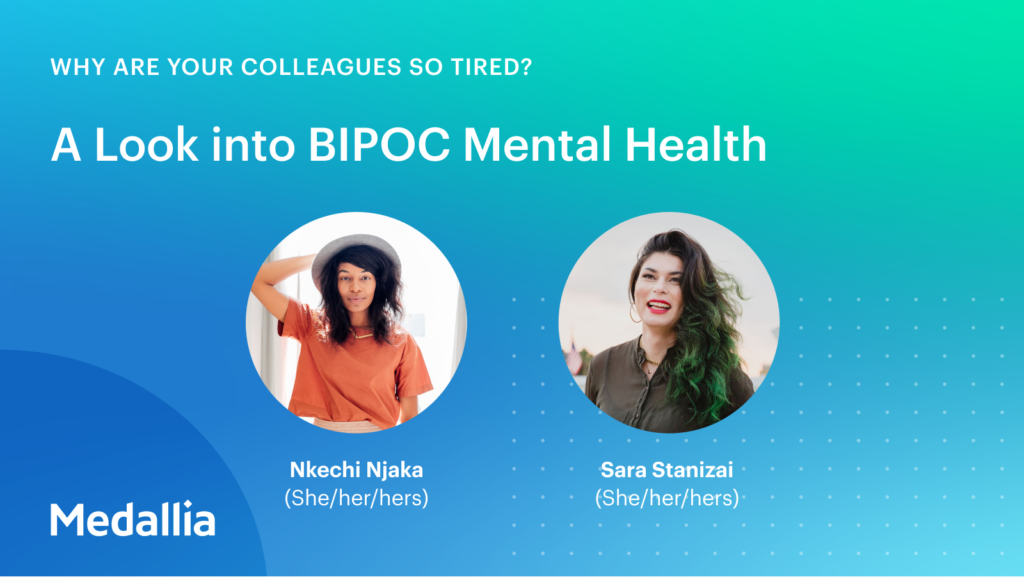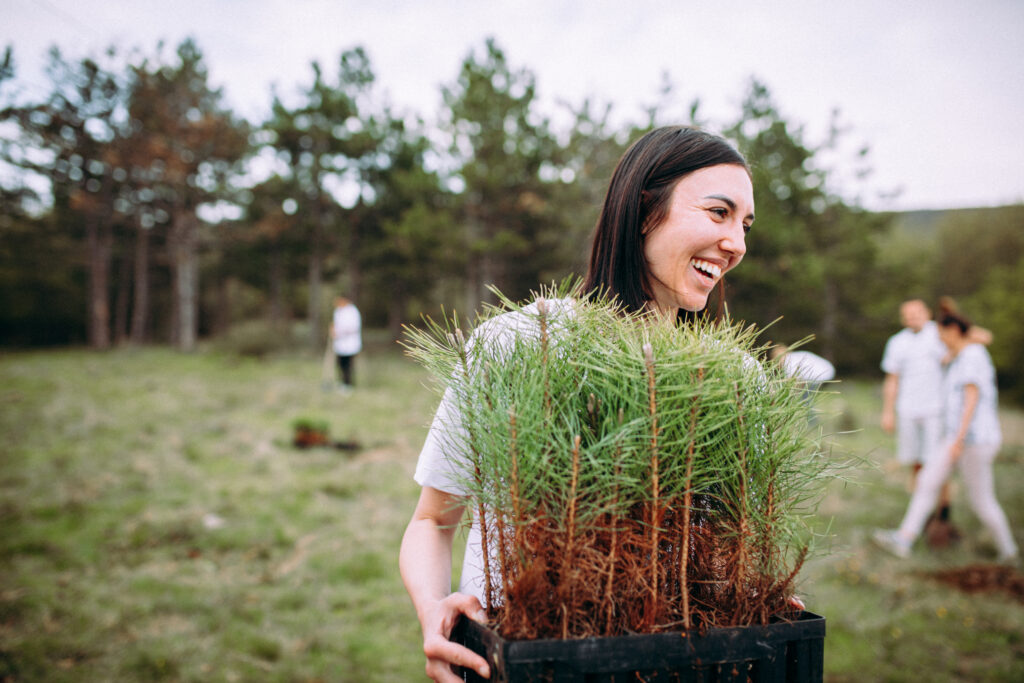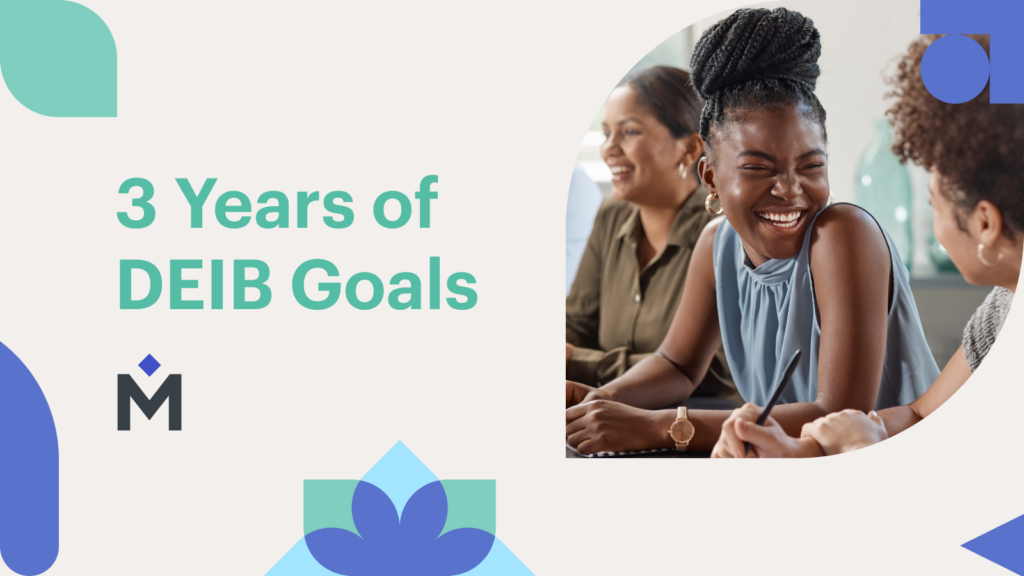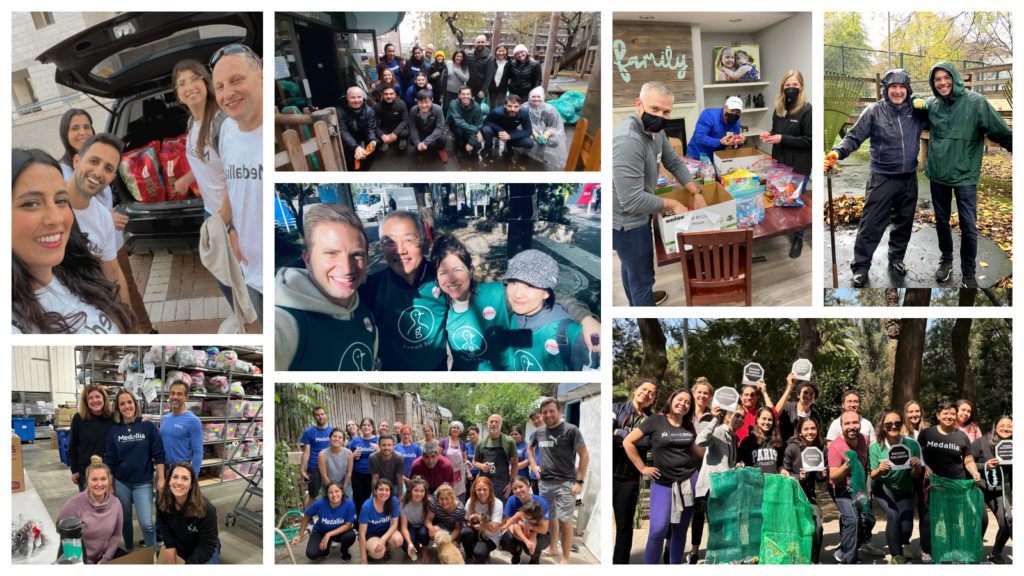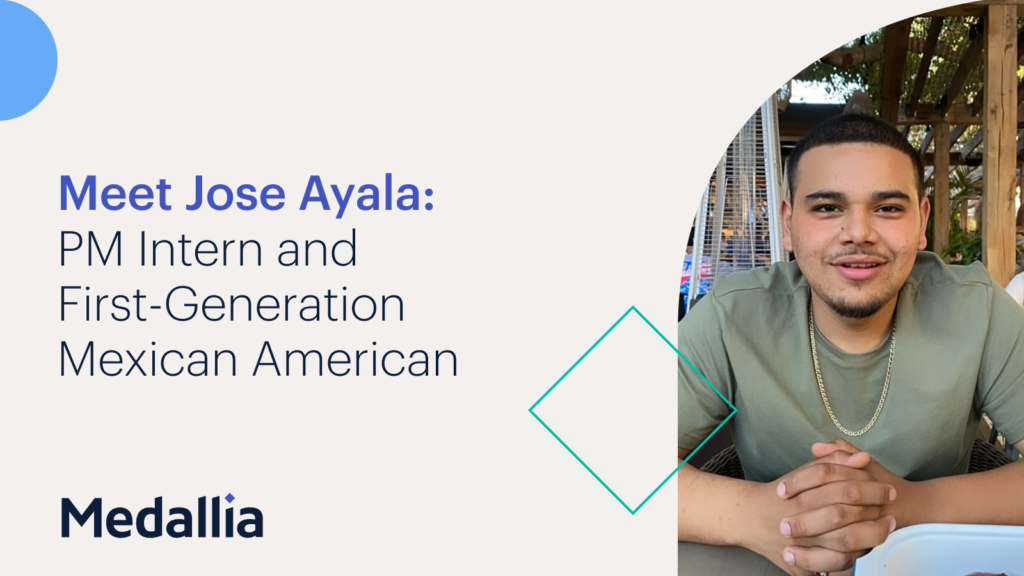This interview with two mental health practitioners explores the reasons why BIPOC communities are burned out, and the path forward from here.
The last few years have been trying for everyone, especially for BIPOC mental health. These individuals have been disproportionately impacted by the Covid-19 pandemic, the intense spotlight on racial injustice, and human rights issues.
People are tired. The expectation for all is to show up to work every day as their best self, but for historically excluded communities, this is close to impossible in this climate.
Fortunately, many industries are investing in resources that will enable them to “create an environment where employees want to stay and new workers will want to come,” according to Medallia’s healthcare solutions principal, Toni Land. For the healthcare industry, that means focusing on tools that ensure they are listening to patients at every step. Now more than ever, it is imperative for leaders in every industry to recognize that not all experiences are the same, and it is vitally important to really listen to how their people are doing in this environment.
At Medallia, we constantly seek ways to foster safe spaces for conversations, education, and deep listening. We recently sat down with Nkechi Deanna Njaka, a neuroscientist, choreography artist, leading mindfulness expert and meditation guide, and Sara Stanizai, LMFT, a licensed therapist, clinical supervisor, and the owner of Prospect Therapy, to discuss why your colleagues are so tired and the way in which the expectation to be resilient can affect one’s mental health.
Being resilient is indeed a strength and can be a compliment. However, what does it truly mean to be resilient, and how does that affect one’s psyche if they constantly have to be resilient?
Nkechi: When I think of resiliency, I think that while yes, this is an important skill to be able to approach life and its challenges (we need to for survival), I think we must acknowledge that it is something that requires practice — usually that which includes challenges. Having to overcome challenges at disproportionate rates can create confusion about one’s capacity to be resilient and whether that should be expected of them. I believe that it also confuses the dynamic of being able to and being expected to.
Sara: The quality of resilience implies that it’s not always voluntary. When you praise resilience, you may be unknowingly praising hardship. It’s kind of like reinforcing something that isn’t always seen as a positive from the other person’s perspective.
What is the issue with telling someone whose identity is constantly under threat to “be resilient”?
N: I don’t think we should be telling anyone to be anything. That feels problematic, generally speaking. I think in conversations with someone whose identity is constantly threatened, a more supportive way to be in dialogue around capacity and ability to recover from challenges or difficult times is to inquire with compassion, how are you actually doing right now? Do you have capacity to share?
S: It’s one thing to see it in someone, it’s another thing to demand it. Reinforcing resilience without acknowledging the factors that obligate it is missing the mark. Telling someone to be resilient is the same as telling them to be brave. How about at least recognizing that bravery may be good, but an environment that doesn’t require bravery all the time is better?
Oftentimes the labor is put on the marginalized to do the work. How do we break the cycle, and when this does happen, how does the marginalized person protect themselves mentally?
N: There is a reason that the labor is put on those of us who are not white-bodied. The reason for that is because it is in the history of this country [the U.S.], and we are all emerging from the very real, lasting, and existing effect of white supremacy. It is not only up to us or even our work to break the cycle. Sure, we can say no, and we should when that feels correct in our body. However, that could have unpleasant consequences for us based on who has power and how that can be used against us. White-bodied folx have a great opportunity to be better about sharing in the labor, as well as other people in privileged-bodies.
Nkechi, you’ve mentioned the phrase “historically & intentionally excluded communities.” Can you unpack what this means?
N: Yes, first I want to say those words came from the mouth of Dr. Akilah Cadet of Change Cadet. Her brilliant work to dismantle white supremacy is unparalleled. When she said those words, I understood on an even deeper level just how much language matters. Our conversation revealed to me that “marginalized” is not completely honest, and if we are going to be talking about a group of people and their position to power, we must also look at why. This country was very specifically designed that way; it should and needs to be named.
How will your work expand in your program/ as a practiced-based researcher?
N: The future of my work is employing this practice of neuroscientific and somatic approaches to the mind and body through creative and contemplative mindfulness, in historically excluded bodies. Because BIPOC communities systematically engage with endemic stress, I am interested in studying the latest science and scholarship on mindfulness, embodied cognition, and presence, particularly at the intersection of BIPOC health, cultural significance, nervous system repair, intergenerational wisdom, decolonization, Black Joy, identity, and Buddhist teaching.
Sara, how does one’s lived experiences benefit their professional world?
S: It adds diversity of thought, culture, and skill. Often the traits that we are punished for are the things that we do really well. For example, collectivist cultures will take into account the benefit for the group, rather than a single person’s success. I think workplaces want this!
Sara, you have a queer- and trans-affirming therapy practice, with a special focus on serving first-generation American and immigrant communities. Can you speak to the impact of the unsaid weight that those oppressed carry on their shoulders while being expected to always show up and be a high performer?
S: This is why Black and POC communities are tired. This is why trans and nonbinary communities are tired. This is why women are tired. This is why disabled, neurodivergent, working class, fat, and other oppressed friends and loved ones are tired. They are often forced to maintain a level of dissonance between how they truly feel and what society around them deems correct to feel. On top of the actual labor it takes to live day to day, they are saddled with emotional labor too.
We can talk about the effects of emotional labor for hours and hours — can you briefly unpack what emotional labor is?
S: Emotional labor is the unseen and often thankless work put in to meet an expectation or standard, even though it doesn’t match how you genuinely feel. These standards are often created without you, and people like you, in mind.
This regulation of one’s feelings creates cognitive dissonance, or a mismatched idea of expected emotions and actual felt emotions. Living in a constant state of cognitive dissonance can be extremely difficult, leading to intense mental and physical exhaustion.
Many people who benefit from this level of emotional labor don’t even realize they have the privilege of benefitting from it. This lack of awareness only continues to perpetuate the systems in place that bind these marginalized groups to emotional work.
Where We Begin to Identify & Heal
If you are someone who is struggling, seek out a therapist who shares similar identities as you, or is culturally aware. Take time to practice mindfulness and wellness by seeking out practitioners such as Nkechi Njaka and Sara Stanizai. Connect with organizations such as Black Girl Smile. Find your people who will gladly carry some of the weight for you. Continue to have open and honest dialogue. And remember to breathe and know that you are not alone.
Lastly, having discussions with practitioners, researchers, doctors, and scientists of color who can help everyone get a better understanding on mental health challenges in historically and intentionally left out communities. Having a sense of what one is silently carrying with them on their shoulders can greatly positively influence the working relationship between colleagues and managers. We can do this through using tools to better the experience in healthcare, as well as employee experience.
Companies need to work extensively to create safe spaces, which begins with creating truly diverse workforces. As Sara Stanizai said, “It is incredibly healing to spend time with people who ‘get it’ without you having to explain it. Who will see through excuses and call it what it is, rather than immediately challenging your feelings with ‘critical thinking,’”
Interested in a deeper understanding of BIPOC and queer mental health? Join our discussion with Nkechi and Sara during a session of Medallia Couch Talks, The Problem with Resilience: BIPOC & Queer Perspectives.

